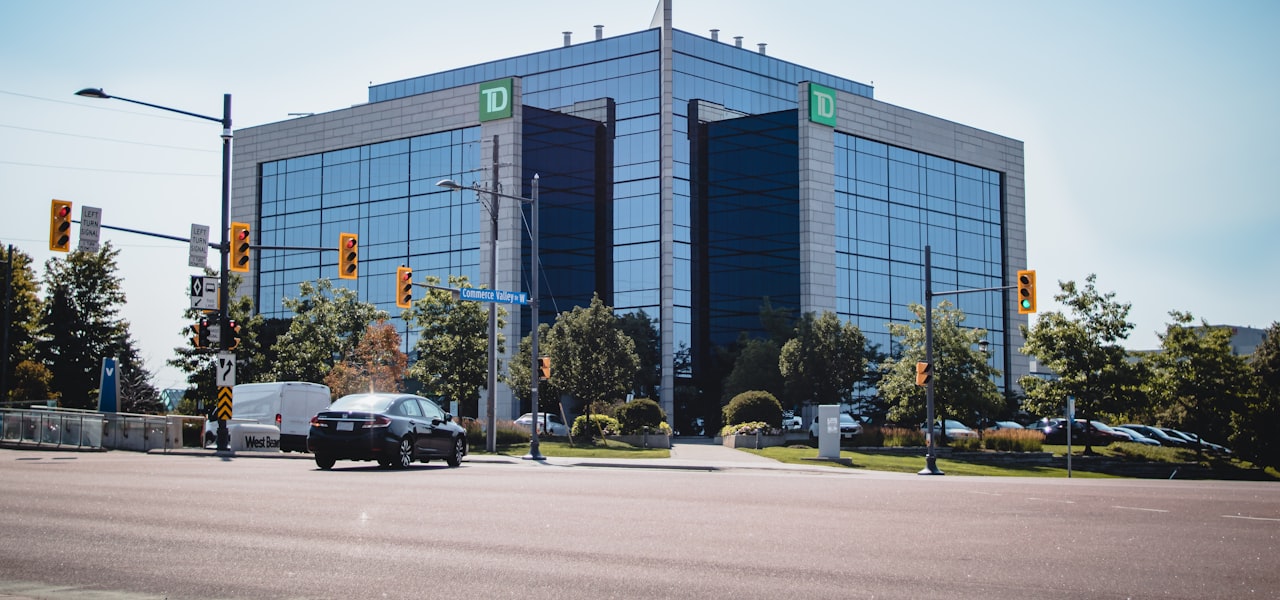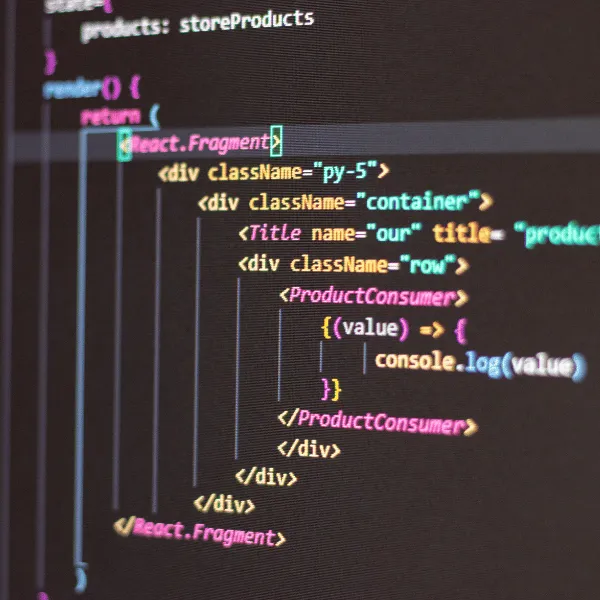Refinancing your mortgage can be a smart financial move if you're looking to lower your monthly payments, shorten the term of your loan, or tap into your home equity. But with so many different refinance options available, it's important to find the right one for your needs.
In this article, we'll walk you through the different types of refinance options, the pros and cons of each, and how to choose the right loan for you. We'll also provide tips on how to get the best possible interest rate and terms on your refinance loan.
Is refinancing right for you?
Refinancing your mortgage can be a great way to save money, but it's not right for everyone. Here are a few things to consider before refinancing:
- Your current interest rate. If your current interest rate is already low, refinancing may not save you much money.
- Your loan term. If you're close to paying off your mortgage, refinancing may not be worth the cost.
- Your financial situation. Refinancing can be a good way to consolidate debt or get cash out of your home, but it's important to make sure you can afford the new loan payments.
If you're considering refinancing your mortgage, it's important to shop around and compare rates from multiple lenders. You should also get a clear understanding of the costs involved in refinancing, including closing costs and lender fees.
Find the Right Mortgage Refinance Option: Lower Your Monthly Payments and Save
What are the different types of refinance options?
There are two main types of refinance options: rate-and-term refinances and cash-out refinances.
- Rate-and-term refinances allow you to change the interest rate and term of your existing mortgage. This can be a good option if you want to lower your monthly payments, shorten the term of your loan, or get a better interest rate.
- Cash-out refinances allow you to borrow against the equity in your home. This can be a good option if you need to consolidate debt, make home improvements, or pay for other expenses.
What are the pros and cons of each type of refinance?
Rate-and-term refinances
- Pros: Can lower your monthly payments, shorten the term of your loan, or get a better interest rate.
- Cons: May not be worth the cost if your current interest rate is already low or if you're close to paying off your mortgage.
Cash-out refinances
- Pros: Can provide you with cash to consolidate debt, make home improvements, or pay for other expenses.
- Cons: Can increase your monthly payments and the amount of interest you pay over the life of the loan.
How do I choose the right refinance loan for me?
The best refinance loan for you will depend on your individual needs and financial situation. Here are a few things to consider:
- Your financial goals. What do you want to achieve with your refinance? Do you want to lower your monthly payments, shorten the term of your loan, or get cash out of your home?
- Your current mortgage. What is your current interest rate and loan term? How much equity do you have in your home?
- Your financial situation. Can you afford the new loan payments? Do you have a good credit score and a stable income?
How can I get the best possible interest rate and terms on my refinance loan?
There are a few things you can do to get the best possible interest rate and terms on your refinance loan:
- Shop around and compare rates from multiple lenders. Don't just go with the first lender you find. Take the time to compare rates and terms from several different lenders to make sure you're getting the best deal.
- Get a good credit score. Lenders will offer you a better interest rate if you have a good credit score. So, if your credit score is less than stellar, work on improving it before you apply for a refinance loan.
- Make a large down payment. The more money you put down on your refinance loan, the lower your interest rate will be.
- Get a shorter loan term. Loans with shorter terms typically have lower interest rates than loans with longer terms.
Refinancing your mortgage can be a great way to save money and improve your financial situation. But it's important to do your research and find the right loan for your needs. By following the tips in this article, you can increase your chances of getting the best possible interest rate and terms on your refinance loan.
FAQ
Q: What is mortgage refinancing?
A: Mortgage refinancing is the process of replacing your existing mortgage with a new one. This can be done to lower your monthly payments, shorten the term of your loan, or get cash out of your home.
Q: What are the benefits of refinancing my mortgage?
A: There are many benefits to refinancing your mortgage, including:
- Lower monthly payments
- Shorter loan term
- Lower interest rate
- Cash out to consolidate debt or make home improvements
Q: What are the different types of refinance options?
A: There are two main types of refinance options: rate-and-term refinances and cash-out refinances.
- Rate-and-term refinances allow you to change the interest rate and term of your existing mortgage.
- Cash-out refinances allow you to borrow against the equity in your home.
Q: How do I know if refinancing is right for me?
A: Refinancing can be a good option if you want to lower your monthly payments, shorten the term of your loan, or get cash out of your home. However, it's important to consider your individual needs and financial situation before refinancing.
Q: How can I get the best possible interest rate and terms on my refinance loan?
A: There are a few things you can do to get the best possible interest rate and terms on your refinance loan:
- Shop around and compare rates from multiple lenders.
- Get a good credit score.
- Make a large down payment.
- Get a shorter loan term.
Q: What are the closing costs associated with refinancing my mortgage?
A: Closing costs are the fees you pay to complete your refinance loan. These costs can include:
- Loan origination fee
- Appraisal fee
- Title search fee
- Recording fee
- Attorney fees
The amount of closing costs you pay will vary depending on the lender and the type of refinance loan you get.
Conclusion
Refinancing your mortgage can be a great way to save money and improve your financial situation. But it's important to do your research and find the right loan for your needs. By following the tips in this article, you can increase your chances of getting the best possible interest rate and terms on your refinance loan.
If you're considering refinancing your mortgage, be sure to shop around and compare rates from multiple lenders. You can also get a free quote from LendingTree, an online marketplace that connects borrowers with lenders.
Once you've found a few lenders that you're interested in, be sure to compare the interest rates, fees, and terms of each loan. You should also consider your individual needs and financial situation when making your decision.
Refinancing your mortgage can be a complex process, but it's worth it if you can save money and improve your financial situation. By doing your research and finding the right loan for your needs, you can make the refinancing process as smooth and painless as possible.
Have you ever refinanced your mortgage? What was your experience like? Please share your thoughts in the comments below.




